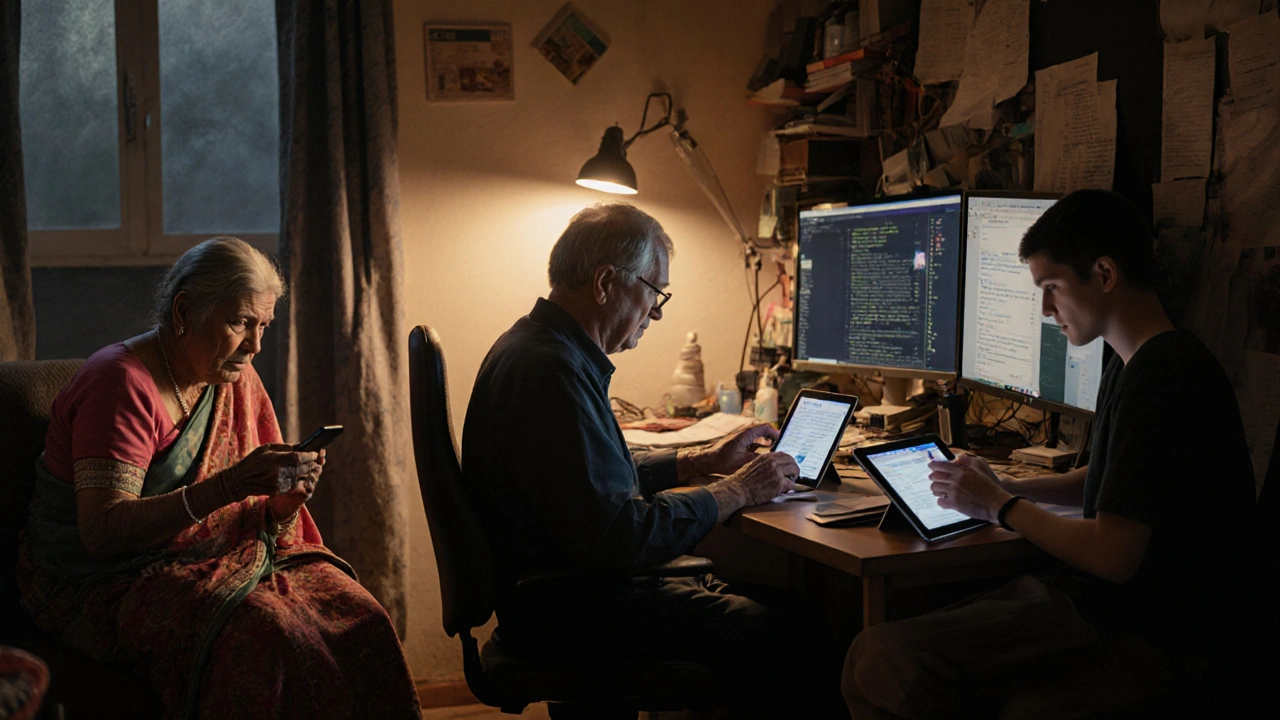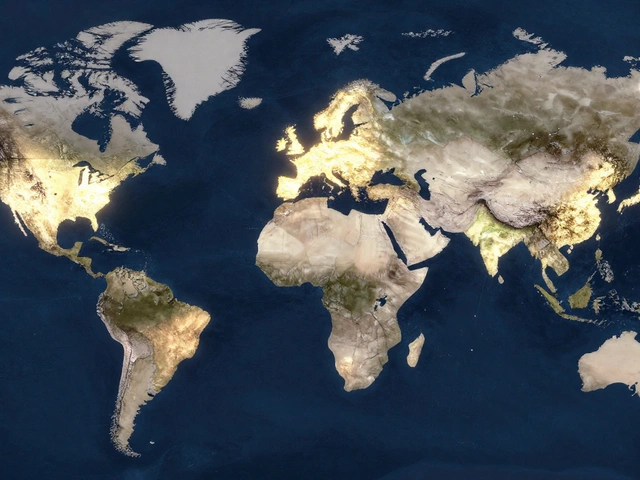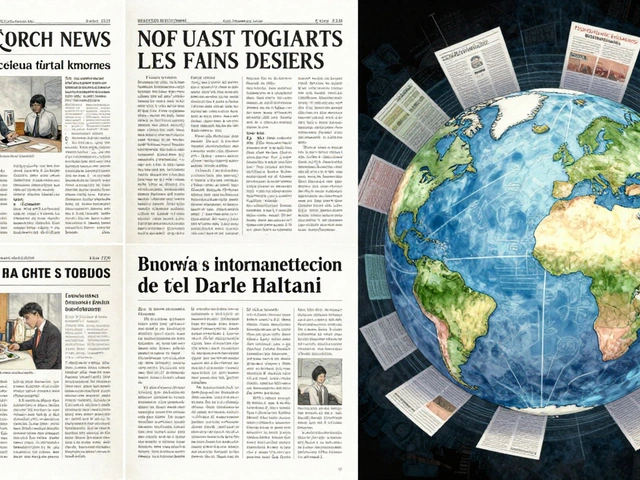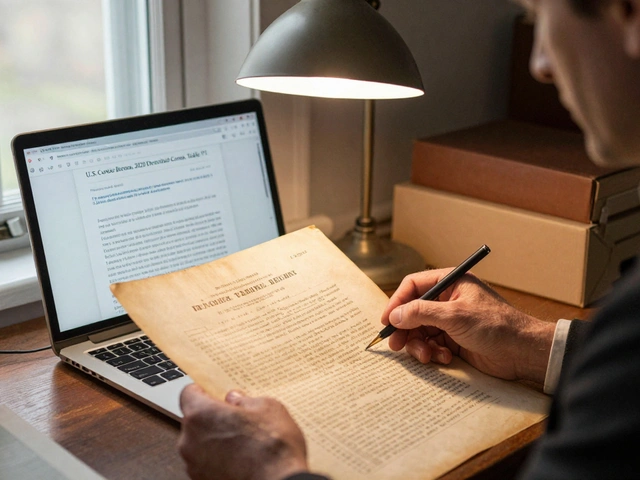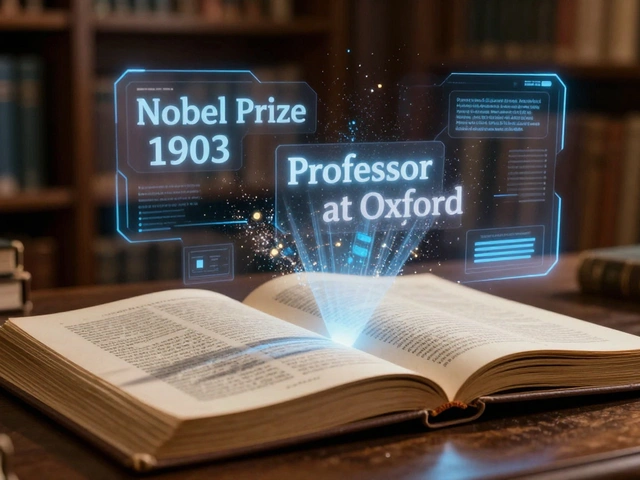Wikimedia contributors: Who builds Wikipedia and why it matters
When you read a Wikipedia article, you’re seeing the work of Wikimedia contributors, volunteers who write, edit, and maintain the world’s largest free encyclopedia without pay or corporate backing. Also known as Wikipedia editors, these are everyday people—teachers, students, librarians, retirees—who spend hours checking sources, fixing vandalism, and arguing over wording to make sure information stays accurate and neutral. This isn’t a team hired by a tech company. It’s a global network of people who believe knowledge should be open, free, and built by anyone with a connection to the topic.
Behind every article is a system powered by WikiProjects, volunteer groups focused on improving content in specific areas like medicine, history, or African languages. These aren’t formal teams—they’re loose collectives where editors coordinate through talk pages to turn rough drafts into Featured Articles. Then there’s the Wikimedia Foundation, the nonprofit that handles servers, legal issues, and grants—but doesn’t write content. It supports the infrastructure, but the words? Those come from people like you. A 72-year-old retiree in rural Canada fact-checking a vaccine article. A high school student in Nigeria adding entries in Yoruba. A journalist in Brazil using Wikipedia to trace a political scandal and then fixing the page afterward. These aren’t outliers—they’re the norm.
Not all contributors are the same. Some edit for a few minutes a week. Others spend 40 hours a month fighting misinformation or defending articles from biased edits. Paid editors show up too, hired by corporations or PR firms to polish articles—but they’re a small fraction. The real engine? Volunteers who care more about truth than clicks. They use tools like watchlists to track changes, talk pages to debate sources, and grant-funded projects to bring Wikipedia to languages that barely had any digital presence before. They’re not chasing fame. They’re chasing reliability.
And it’s working. Surveys show people still trust Wikipedia more than AI-generated encyclopedias because they know real humans checked every claim. When a crisis hits—like a pandemic or a war—Wikimedia contributors are the first to build detailed, sourced, up-to-date pages. No algorithm can match that kind of collective, human-driven accountability.
What you’ll find below is a collection of stories about these people—their wins, their fights, their tools, and the quiet revolution they’re running. From how grants help African language Wikipedias grow, to how editors handle harassment outside the site, to why AI can’t replace their judgment—this isn’t just about Wikipedia. It’s about who gets to decide what the world knows.
Contributor Personas: Typologies of Wikipedia Editors
Wikipedia is edited by diverse contributors-from detail-oriented perfectionists to global volunteers. Understanding these personas reveals how knowledge is built, maintained, and sometimes lost on the world’s largest encyclopedia.
